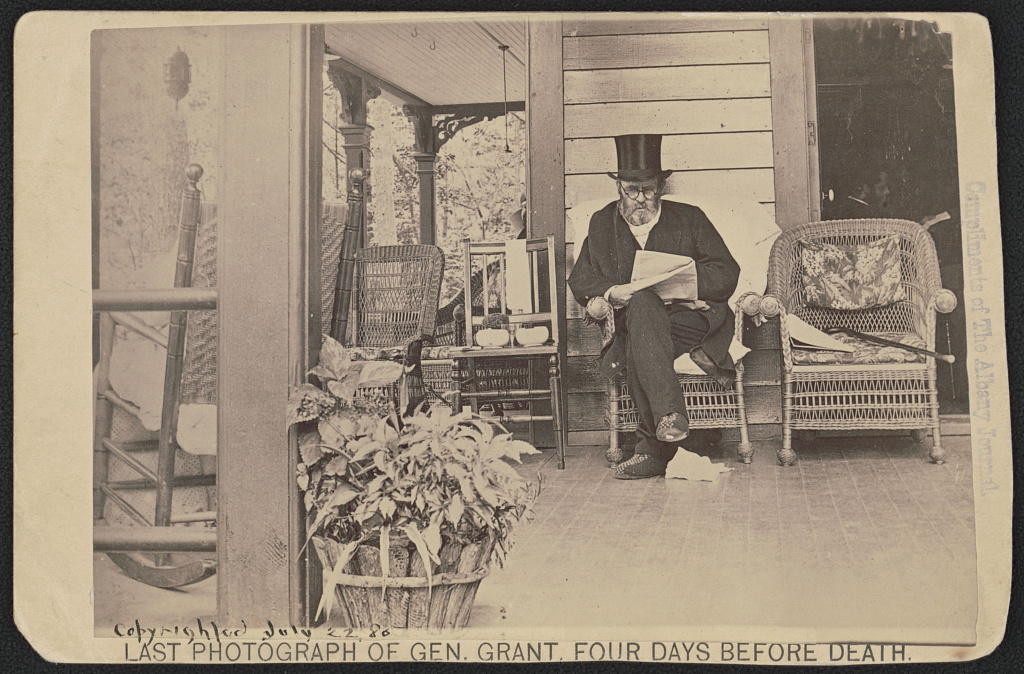The final days of President Ulysses S. Grant were marked by a combination of personal struggles and a remarkable display of resilience and determination. After serving two terms as President of the United States, Grant faced financial ruin and a debilitating illness. This article explores the last days of Ulysses S. Grant before his death, highlighting the challenges he faced and the enduring legacy he left behind.
I. Battling Financial Difficulties:
In his post-presidential years, Grant’s financial situation took a turn for the worse. Due to a series of unfortunate events, including a failed investment and fraudulent business dealings, Grant found himself virtually bankrupt. To secure financial stability and provide for his family, he began writing his memoirs under significant time pressure.
II. The Writing of Memoirs:
Facing a terminal diagnosis of throat cancer, Grant threw himself into completing his memoirs, which he hoped would not only provide for his family but also preserve his place in history. Despite his declining health, Grant wrote tirelessly, utilizing dictation devices to overcome his inability to speak. His memoirs would later be hailed as one of the greatest works of American literature, earning significant praise for their raw honesty and vivid portrayal of Grant’s experiences during the Civil War.
III. Support from Friends and Admirers:
Grant’s struggle with cancer garnered tremendous public sympathy and support. Friends, admirers, and fellow soldiers rallied around him, organizing fundraising campaigns to ensure that his family would be financially secure after his passing. The outpouring of generosity demonstrated the profound impact Grant had made on the nation and its people.
IV. The Race Against Time:
As Grant pressed forward with his memoirs, his health steadily deteriorated. He battled the effects of cancer and endured excruciating pain, yet remained committed to completing his work. Grant’s determination in the face of adversity was a testament to his unwavering spirit and indomitable will.
V. The Final Weeks:
In the final weeks of his life, Grant’s condition worsened rapidly. At his request, he was moved to Mount McGregor, a cottage in upstate New York, where he continued his writing despite his declining health. With his beloved wife Julia by his side, Grant focused on recounting his experiences, fighting against time to ensure the completion of his memoirs.
VI. Grant’s Passing:
On July 23, 1885, Ulysses S. Grant, the 18th President of the United States, passed away at the age of 63. His memoirs were completed just days before his death, leaving behind a literary masterpiece that would fulfill his financial goals and provide a compelling account of his life and military career.
The last days of Ulysses S. Grant were a testament to his resilience and dedication, as he faced insurmountable challenges with remarkable courage. From financial ruin to battling a terminal illness, Grant demonstrated unwavering determination until the very end. His memoirs, written in the midst of his struggle, not only secured his family’s future but also preserved his legacy and provided future generations with an unfiltered glimpse into his extraordinary life. Ulysses S. Grant’s final chapter serves as a reminder of his enduring impact on American history and his unwavering commitment to duty, honor, and country.
